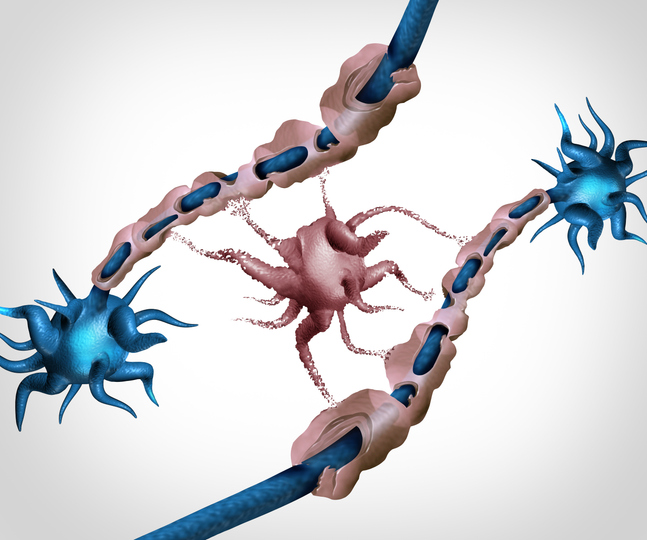
As the global trend toward cannabis use continues to rise, the prevalence of cannabis use among pregnant women is increasing, raising concerns about its impact on fetal development. A new study finds a slight increase in the risk of attention-deficit/hyperactivity disorder (ADHD) and a heightened vulnerability to cannabis use in offspring. The findings, which were published in the American Journal of Obstetrics and Gynecology, highlight the need for continued caution and further studies into the long-term impact of cannabis use during pregnancy.
In this systematic review and meta-analysis, researchers assessed 18 observational studies, with 17 included in the quantitative analysis, comprising 534,445 participants. The review compared neuropsychiatric outcomes in offspring exposed to cannabis prenatally to those offspring unexposed to cannabis, focusing on conditions such as ADHD, ASD, anxiety, depression, psychotic disorders, and substance use. The literature search, was concluded in January 2024, also consisted of studies from the 1980s to early 2000s.
Following analysis, the investigators observed no significant association between prenatal cannabis exposure and an increased risk of autism spectrum disorder (ASD), psychotic symptoms, anxiety, or depression in offspring. However, the analysis did identify a slight increase in the risk of ADHD and a heightened vulnerability to cannabis consumption in children exposed to cannabis in utero.
“These findings suggest that while prenatal cannabis exposure does not appear to significantly increase the risk for many neuropsychiatric disorders, there is still a mild increase in the risk for ADHD and a greater likelihood of cannabis use in the offspring,” said lead investigator professor Ilan Matok Department of Clinical Pharmacy at the School of Pharmacy in the Faculty of Medicine at Hebrew University via a press release. “This calls for cautious interpretation, as it does not confirm the safety of cannabis consumption during pregnancy.”







 © 2025 Mashup Media, LLC, a Formedics Property. All Rights Reserved.
© 2025 Mashup Media, LLC, a Formedics Property. All Rights Reserved.